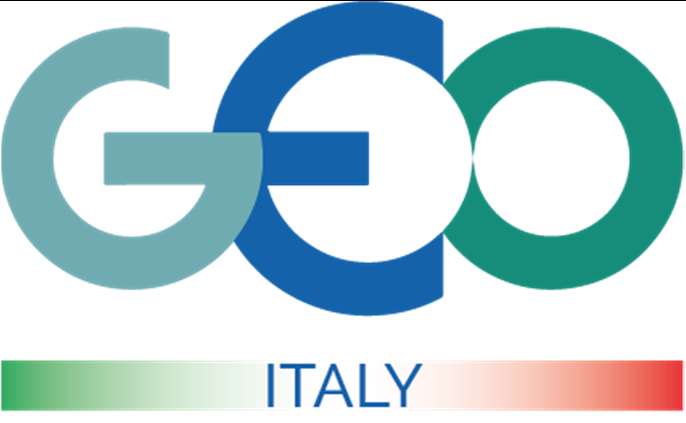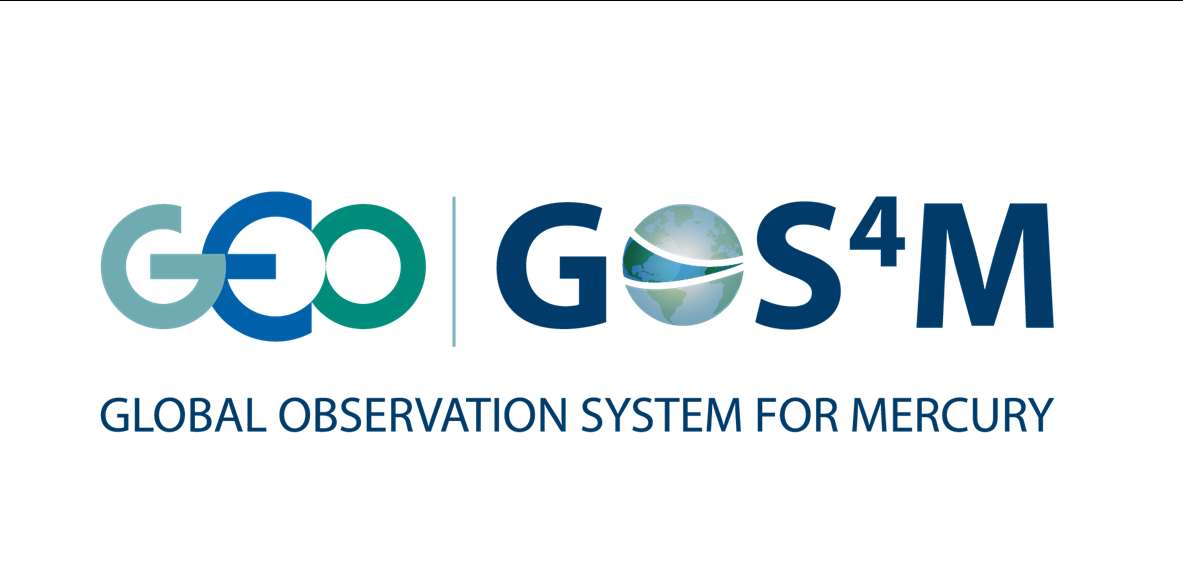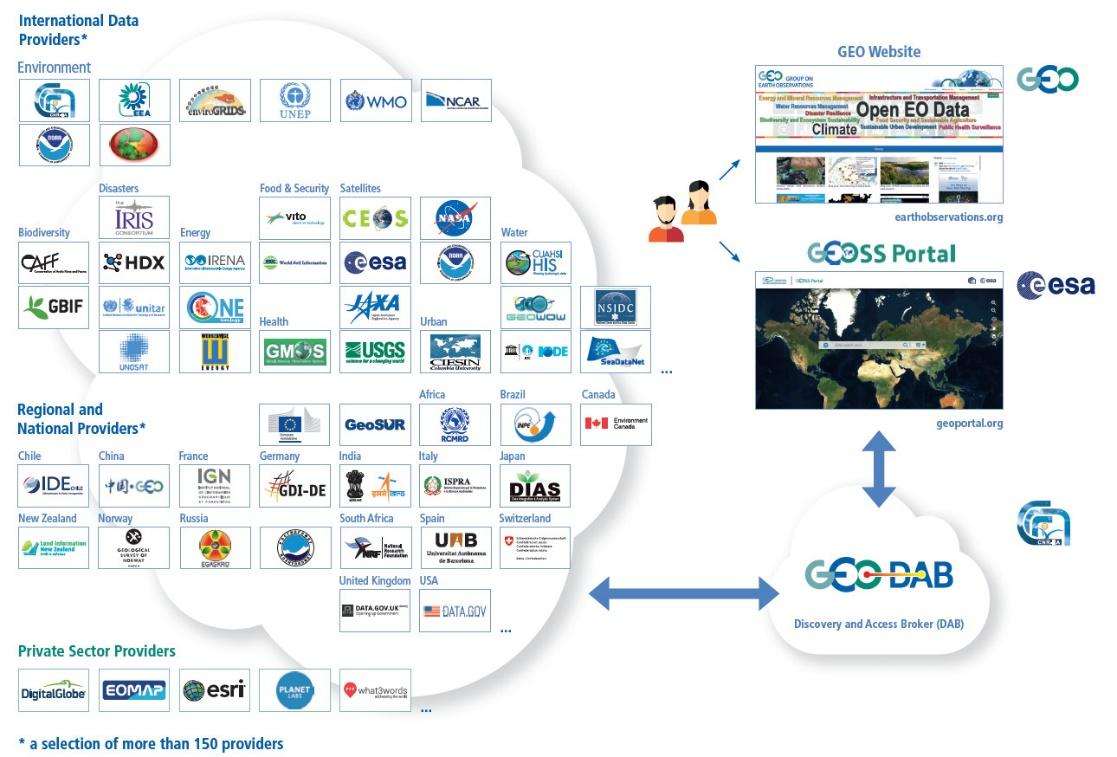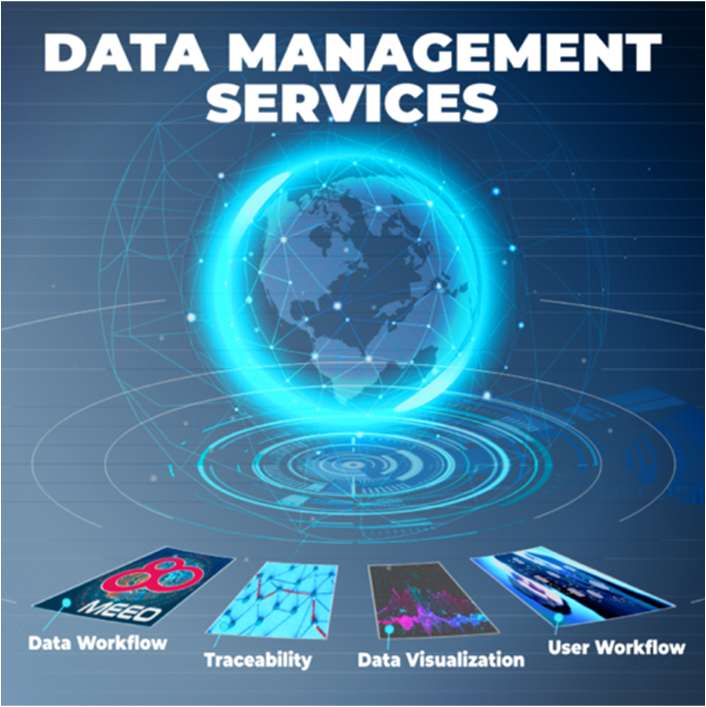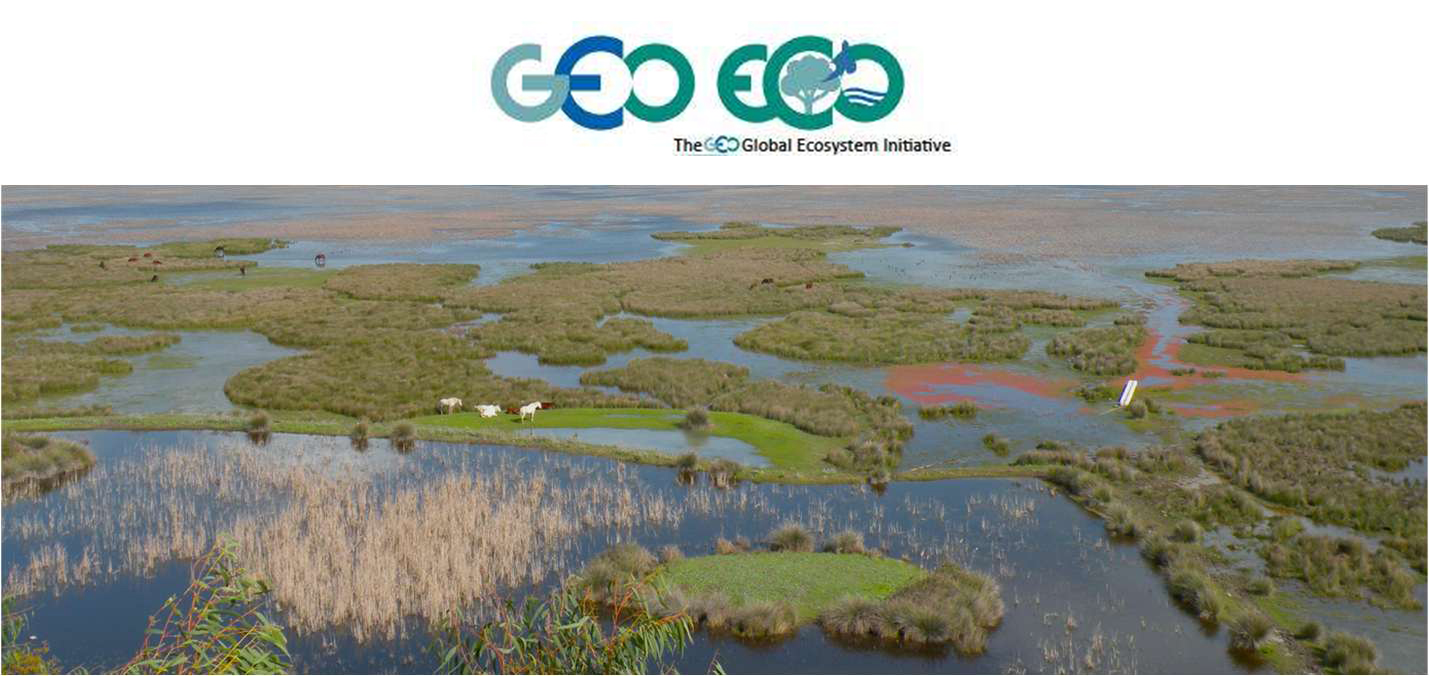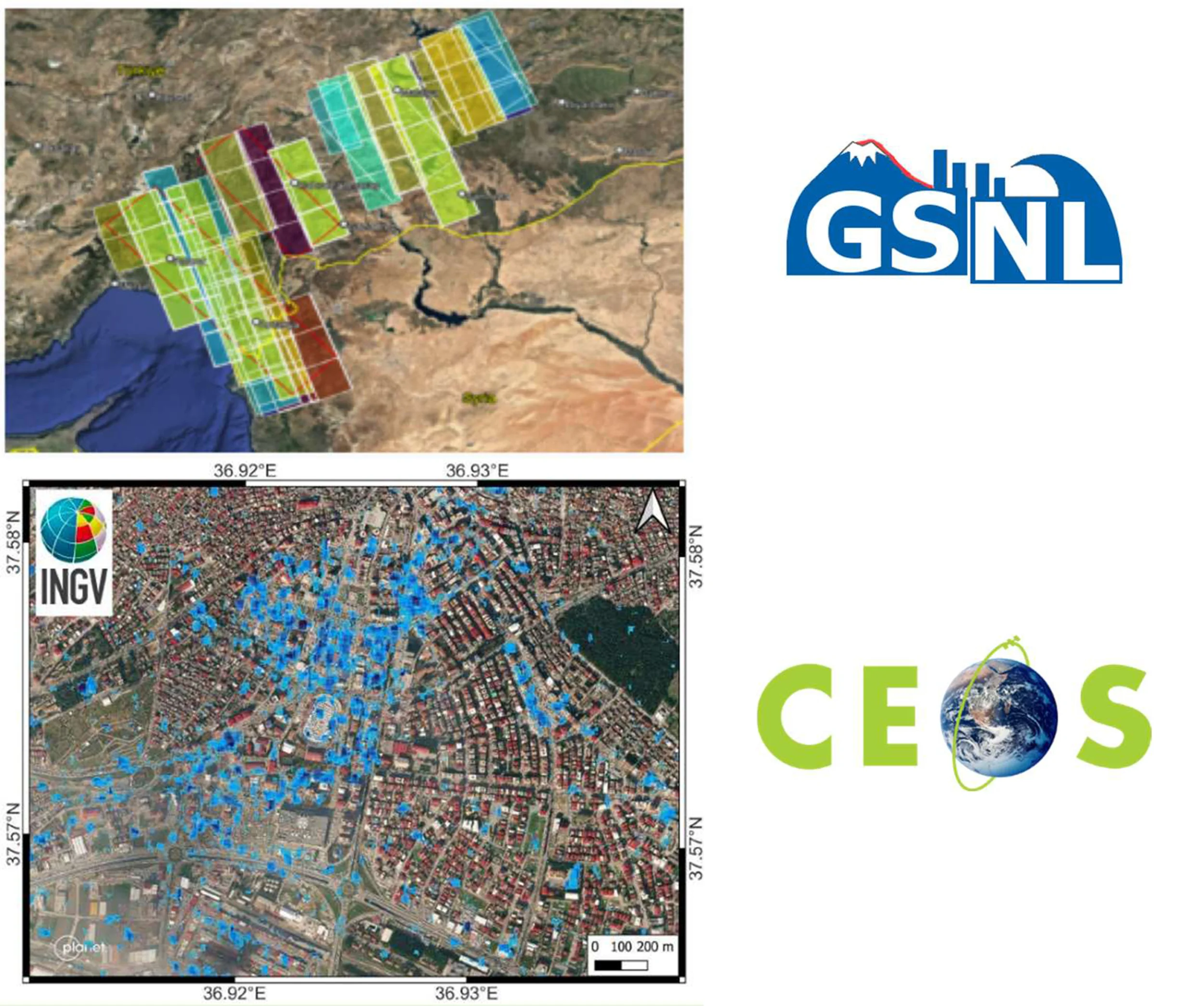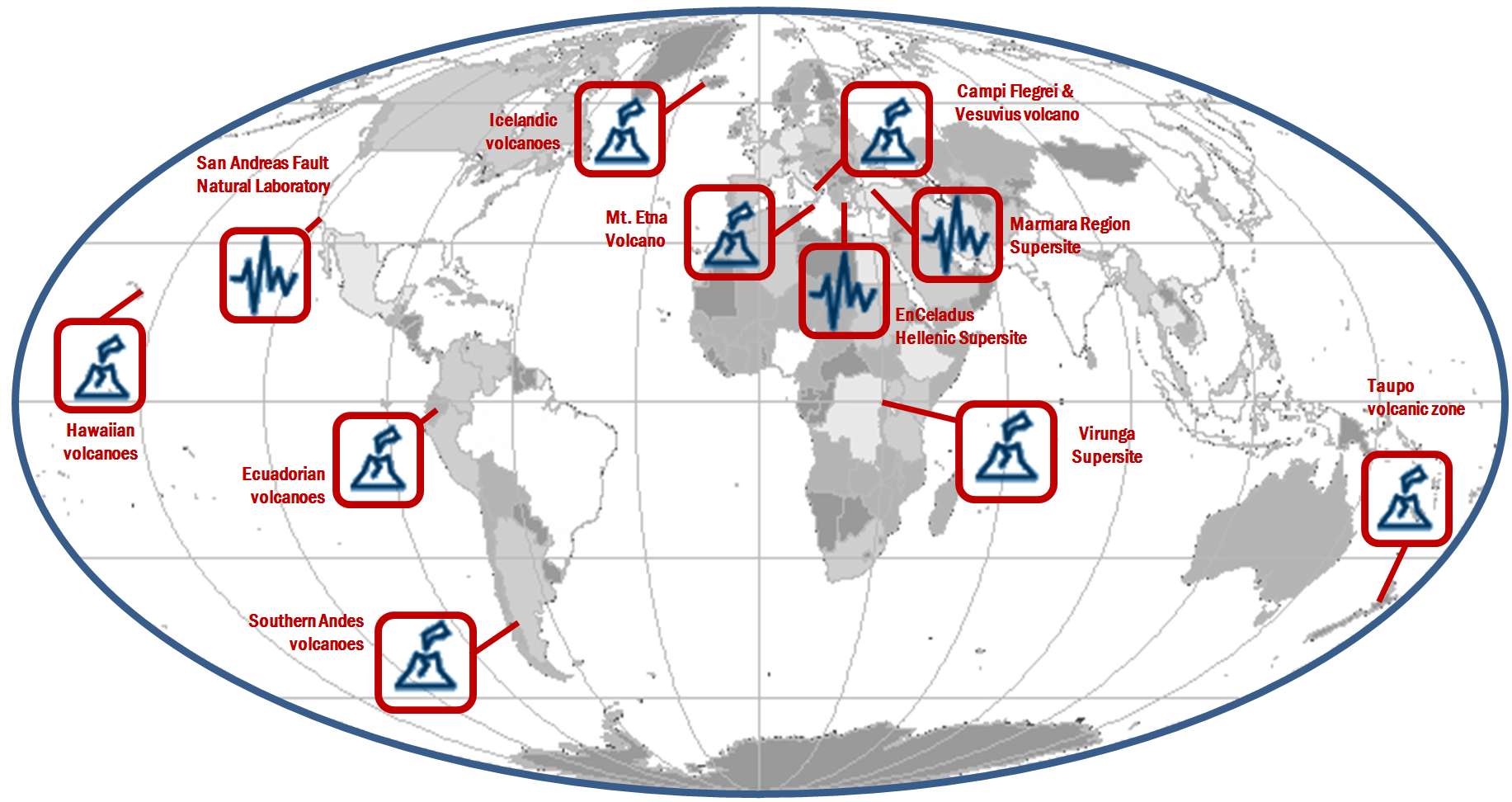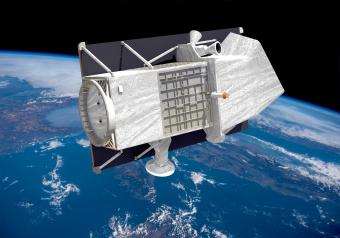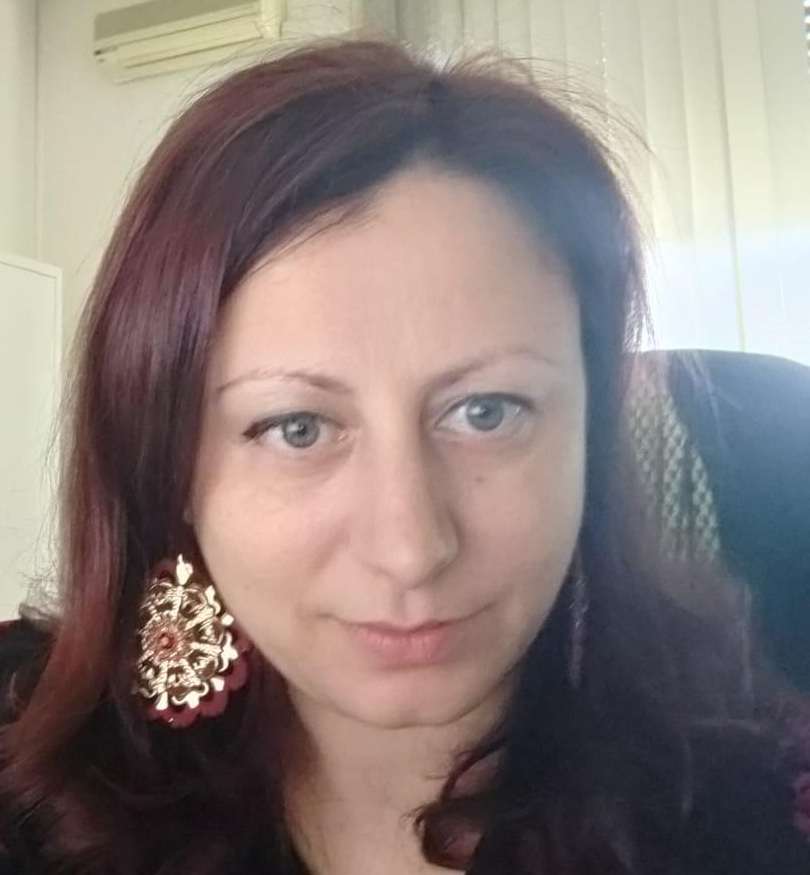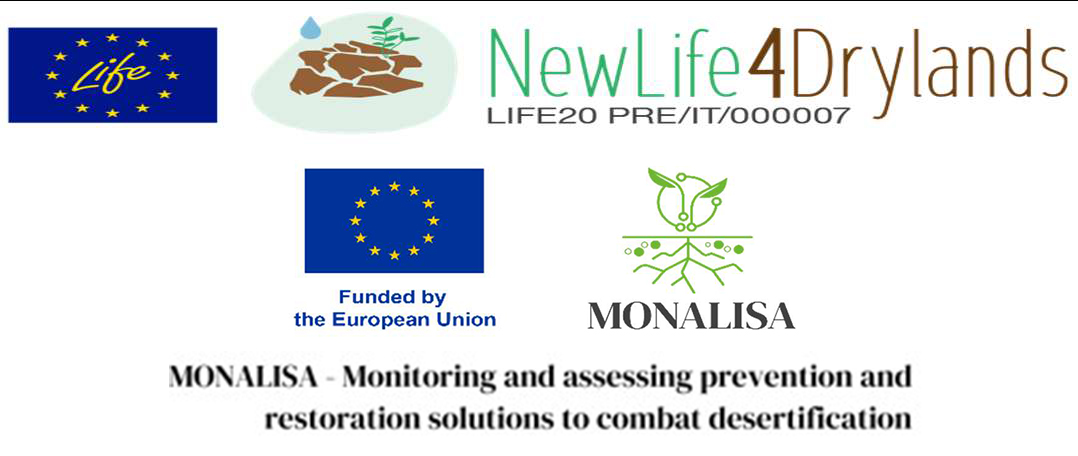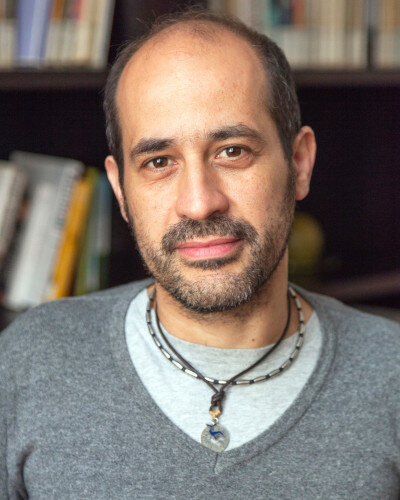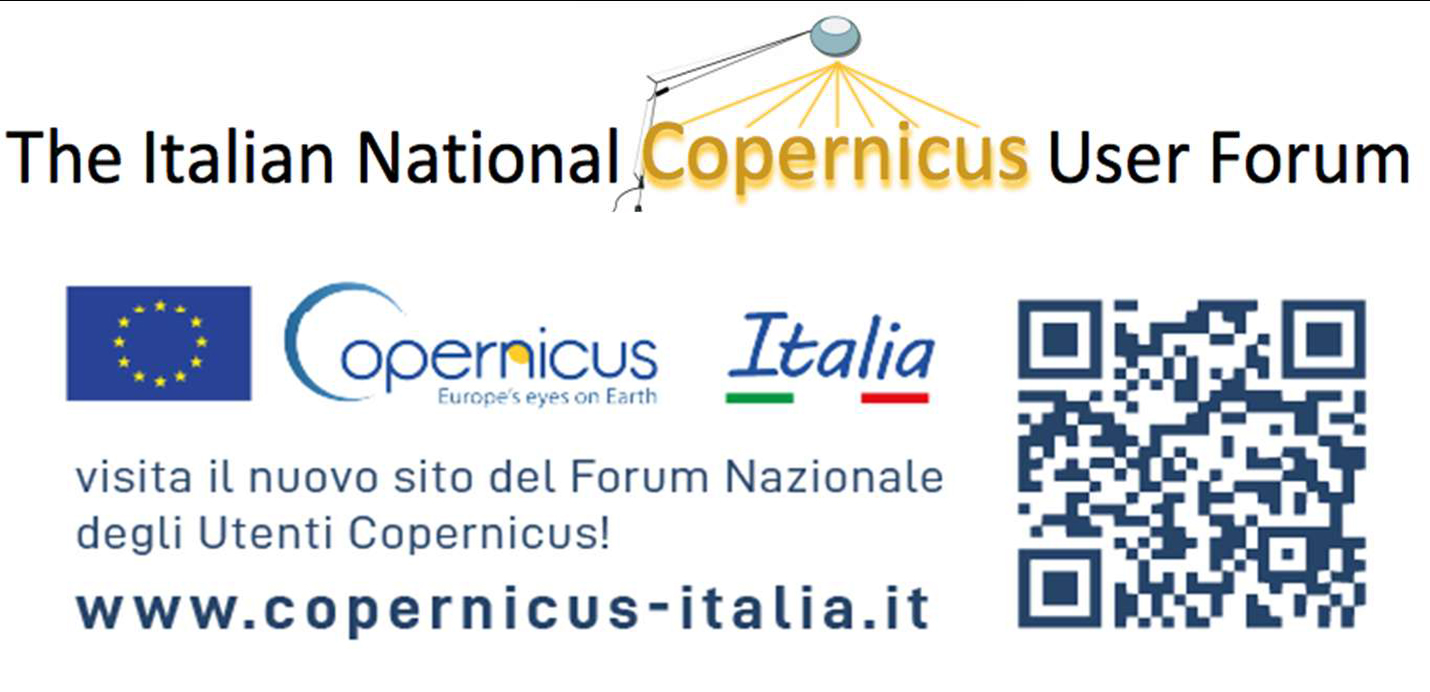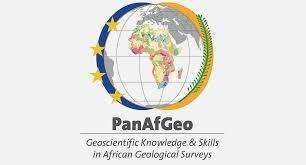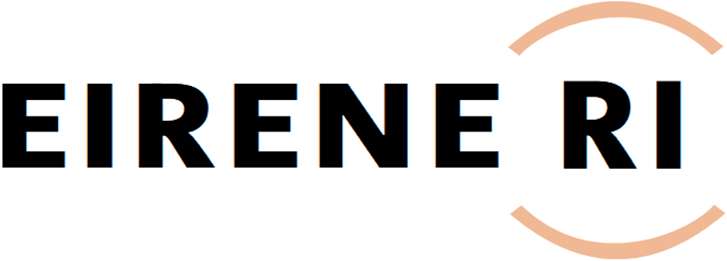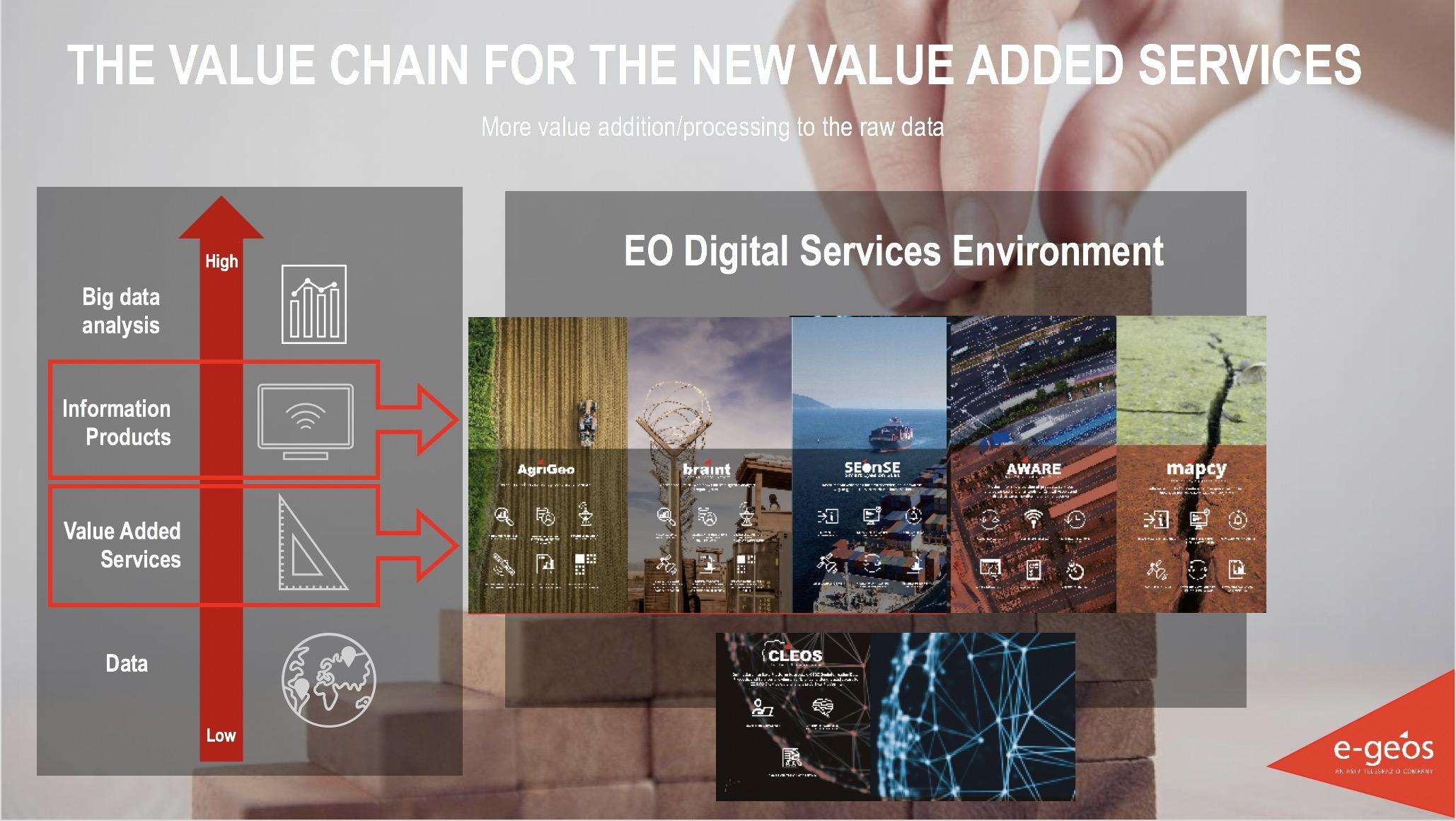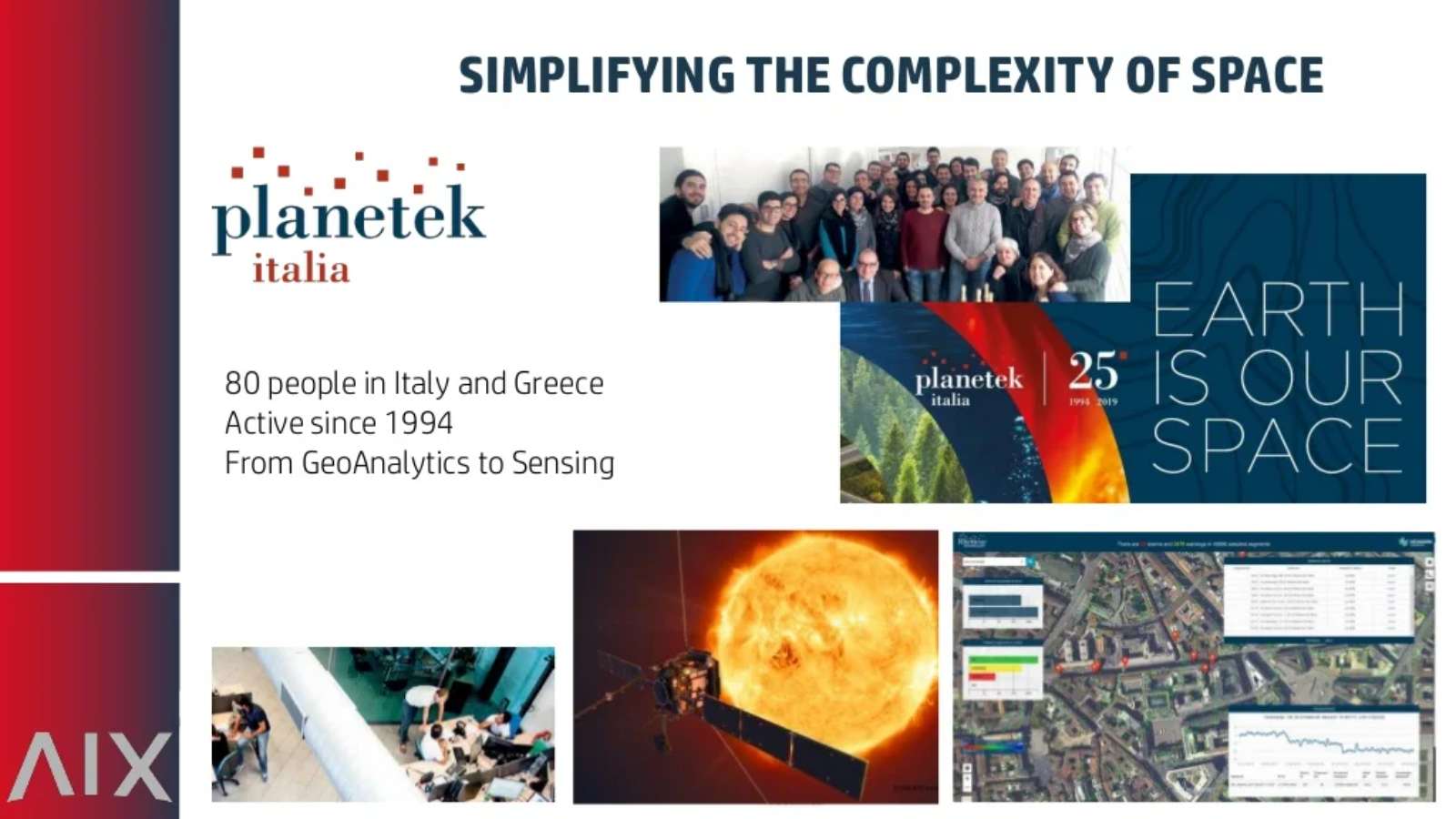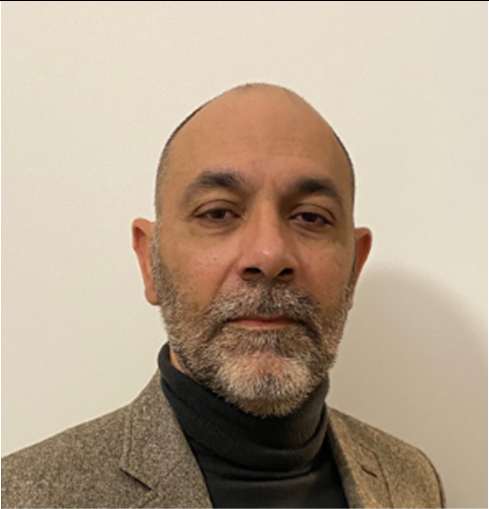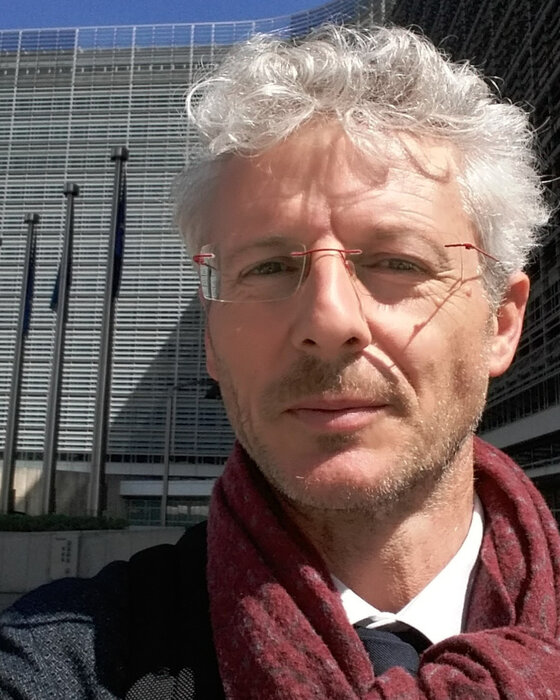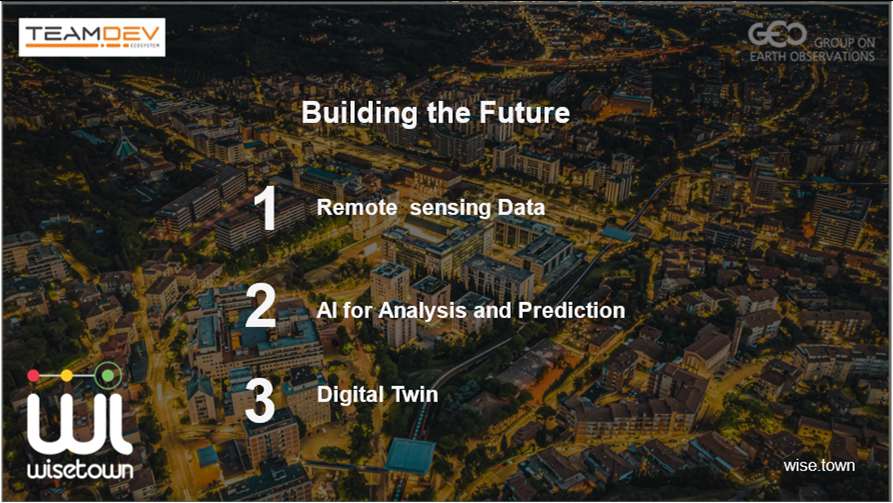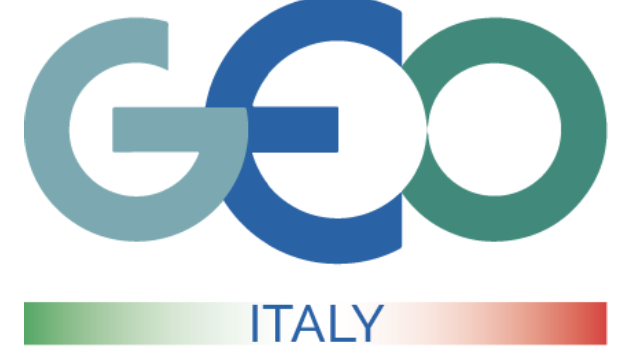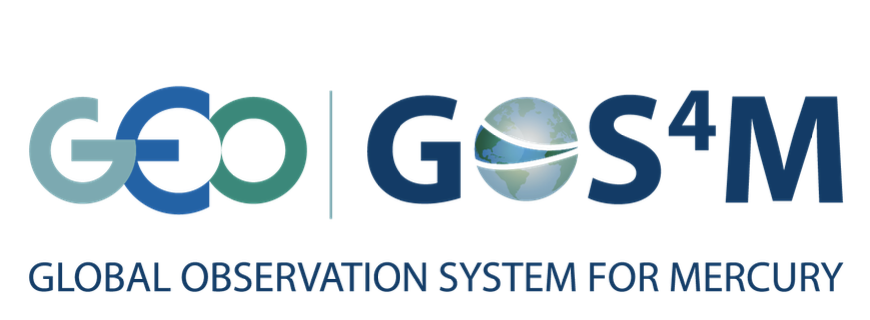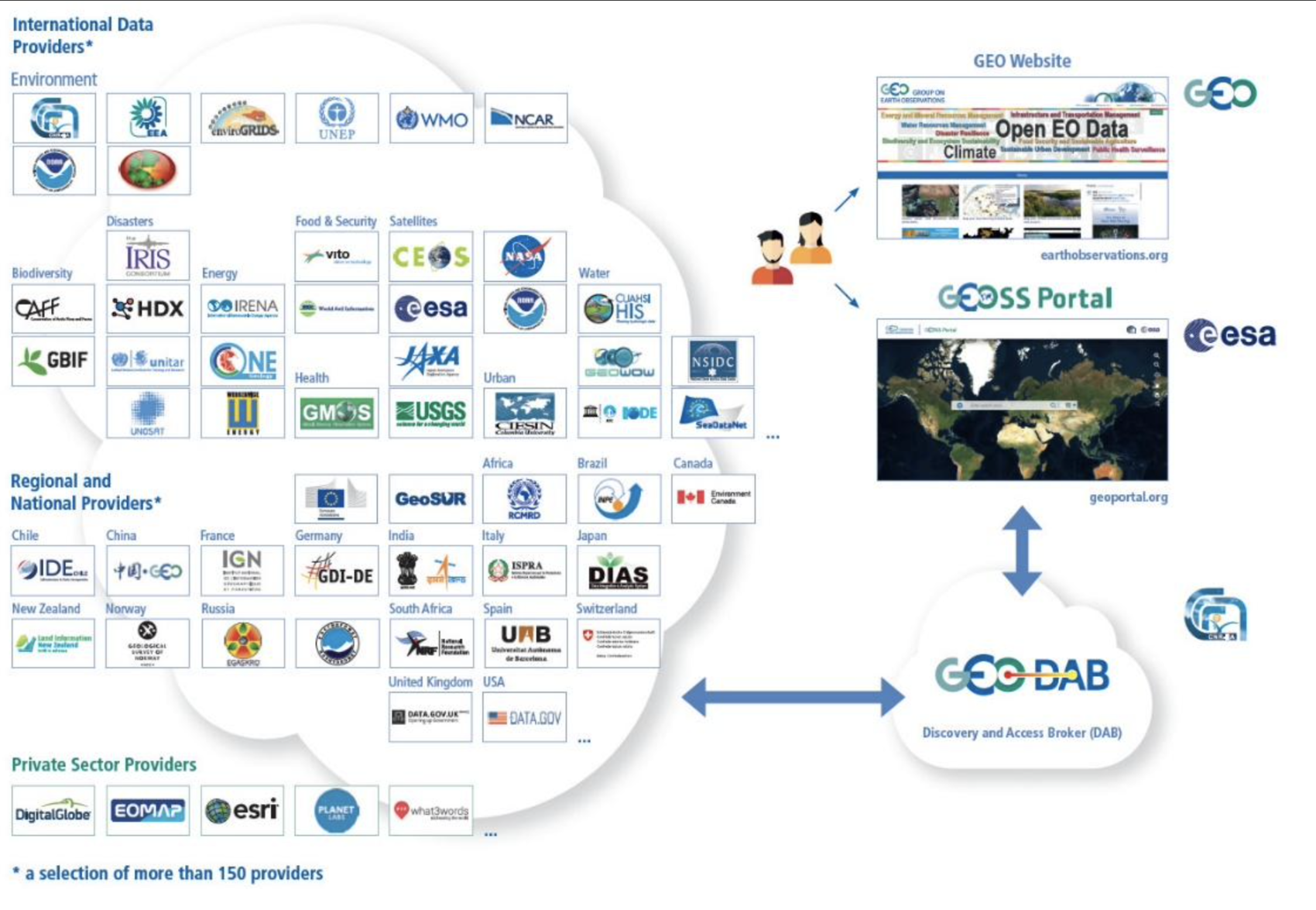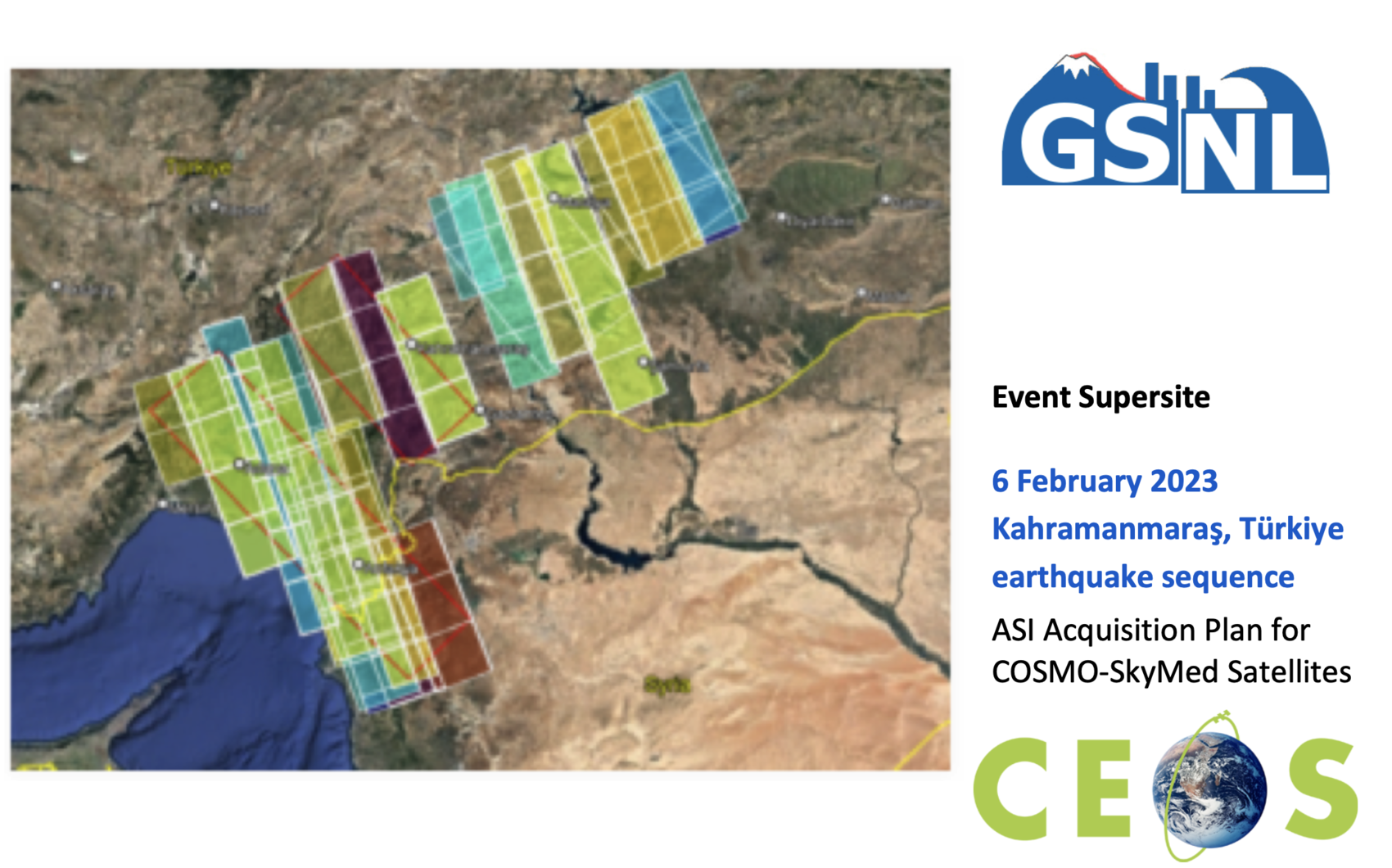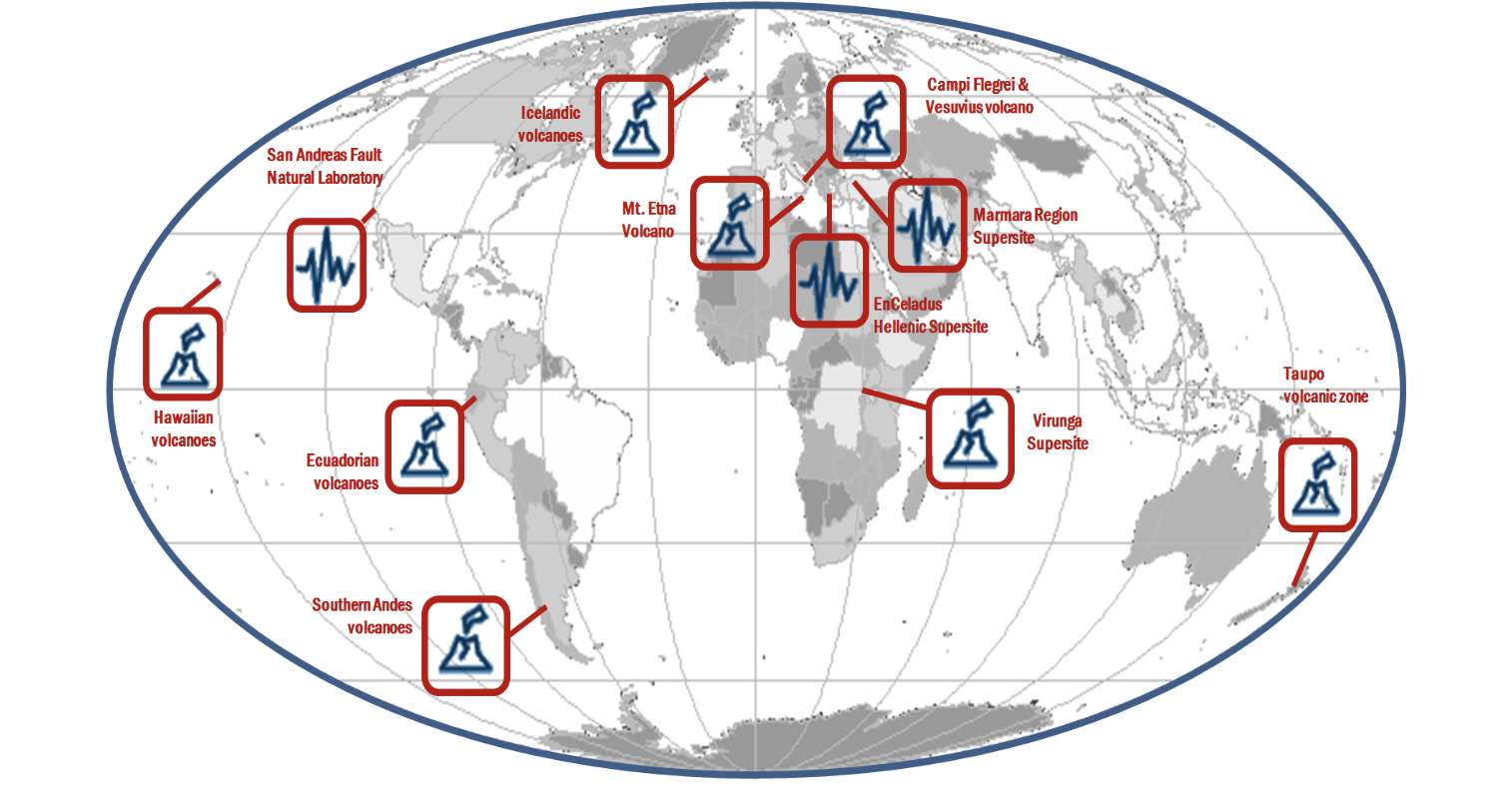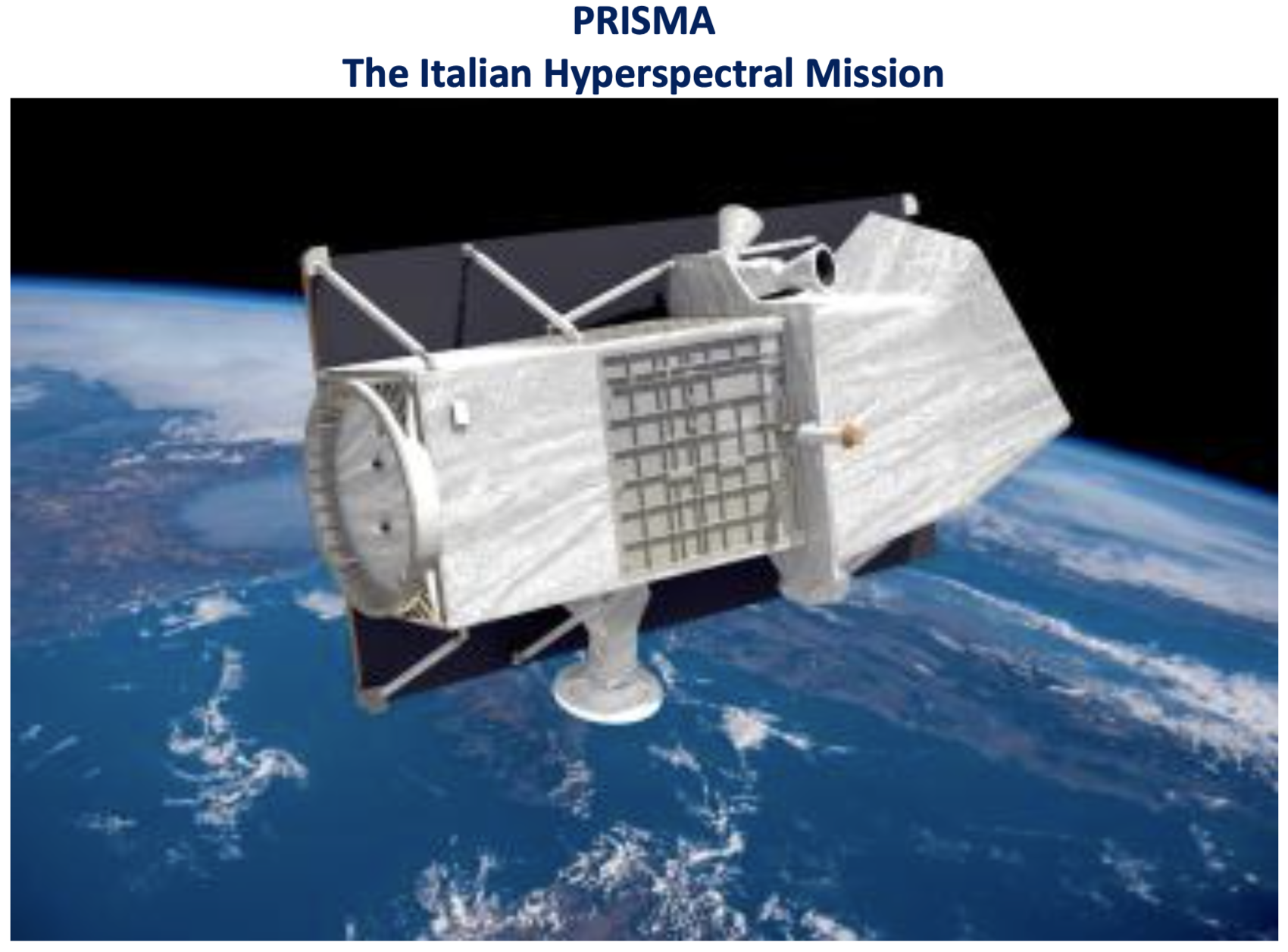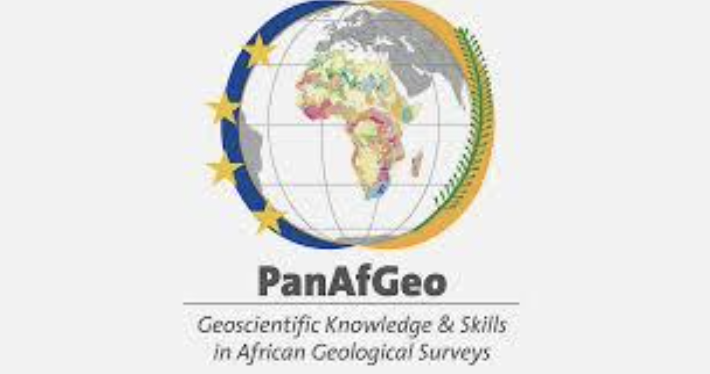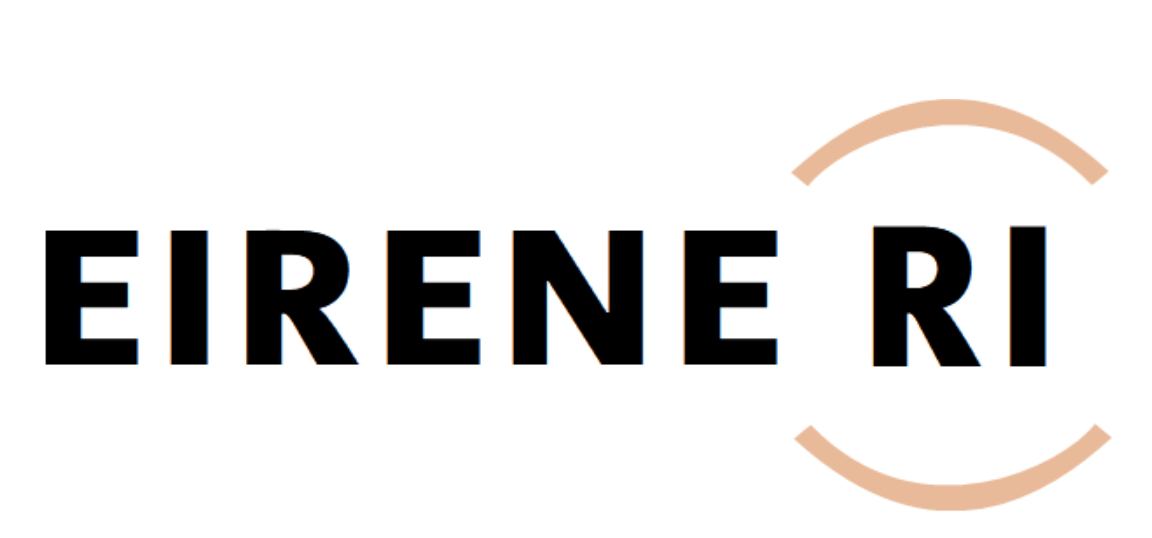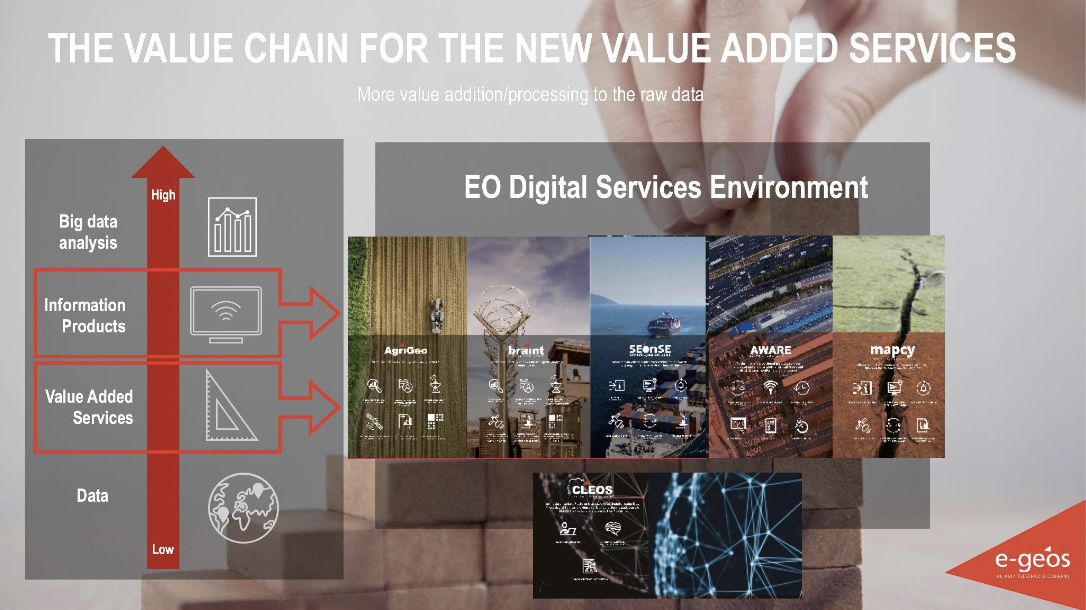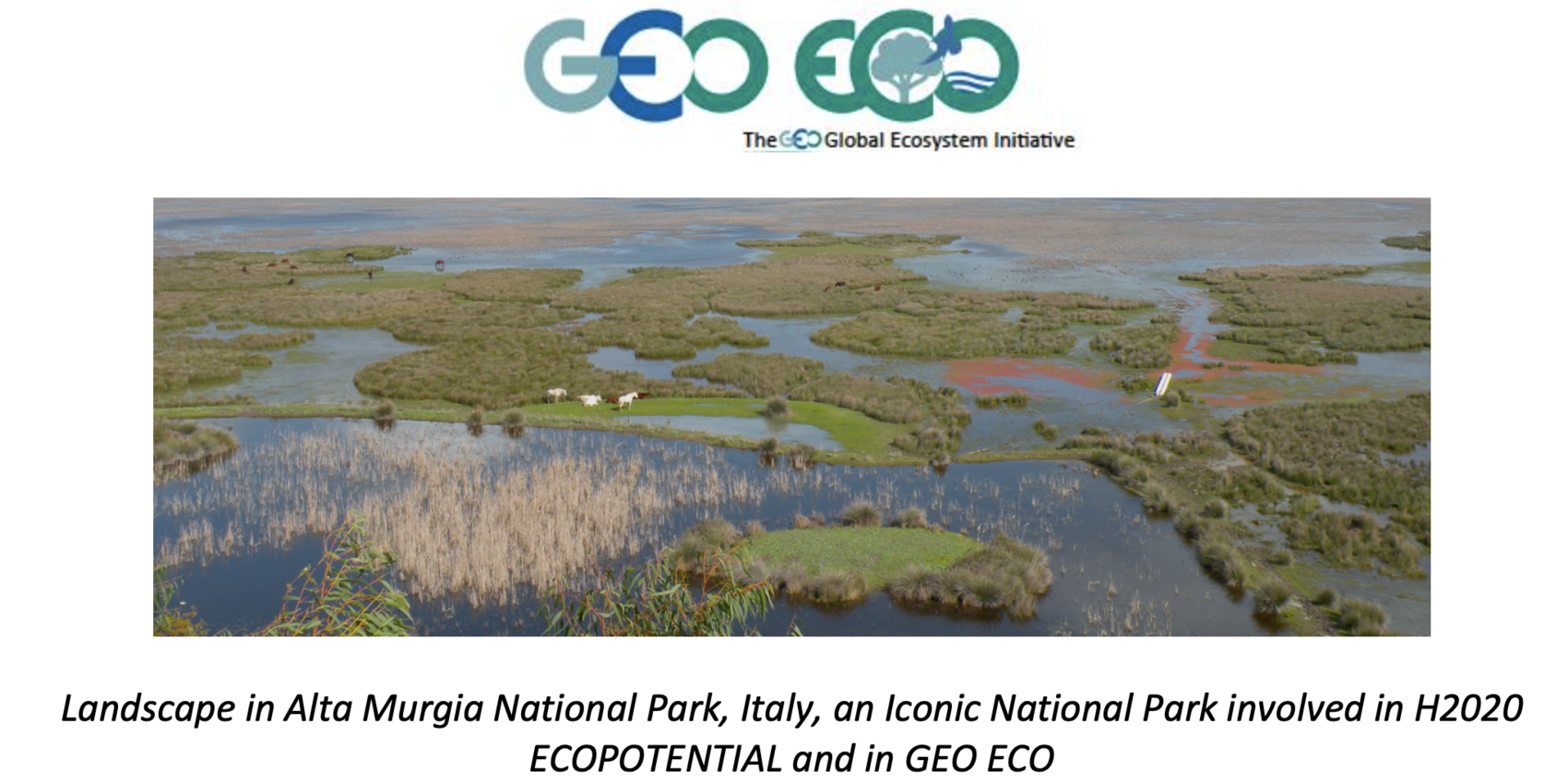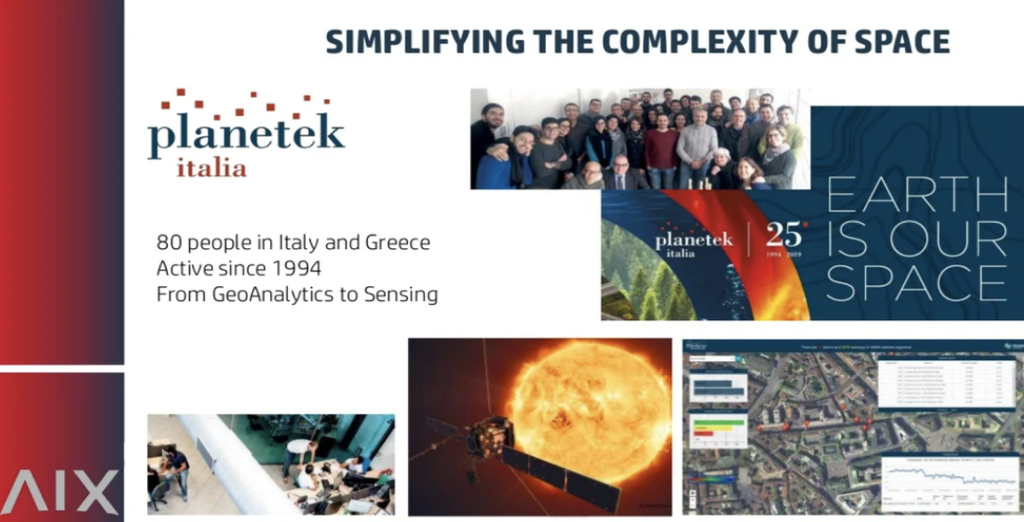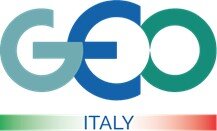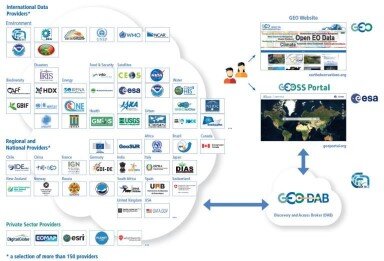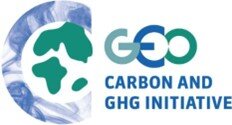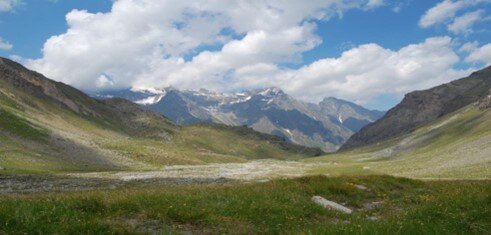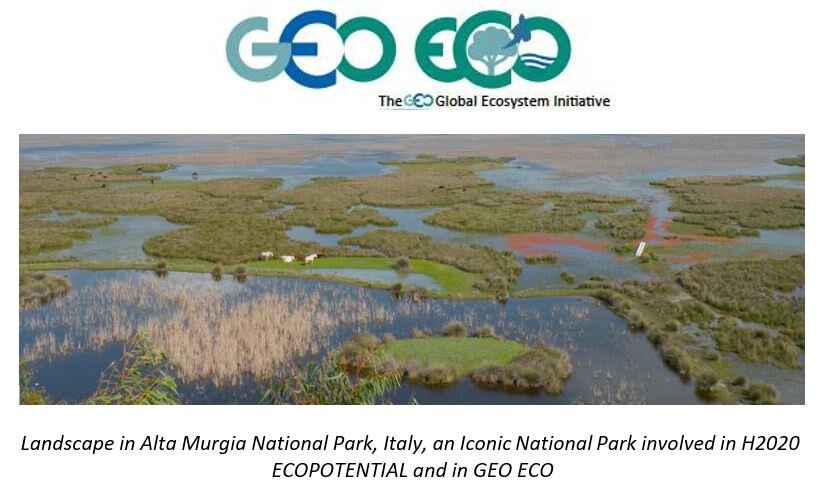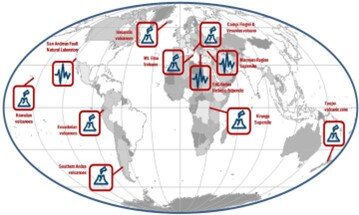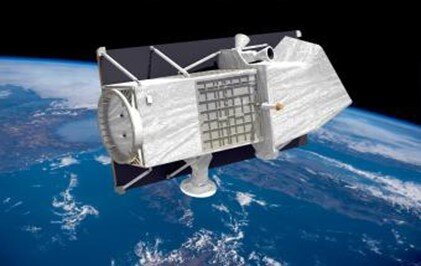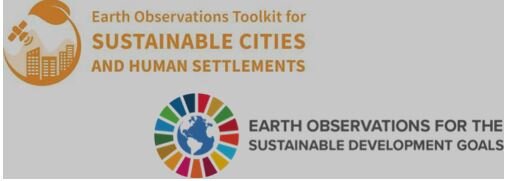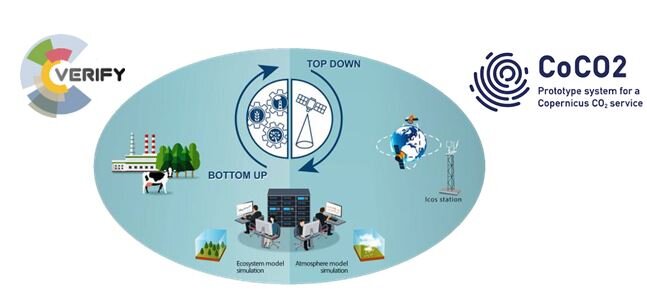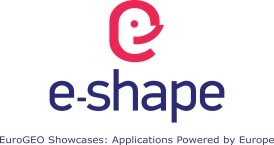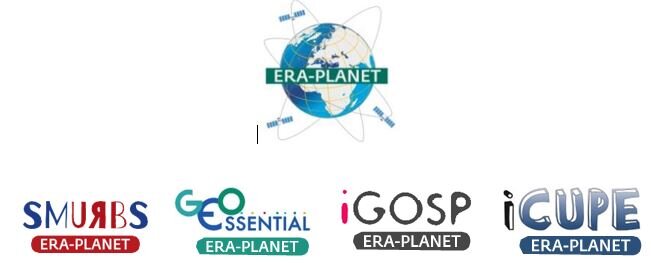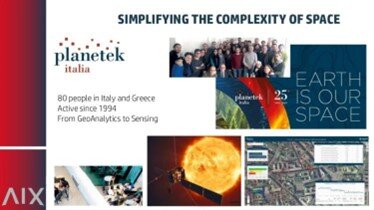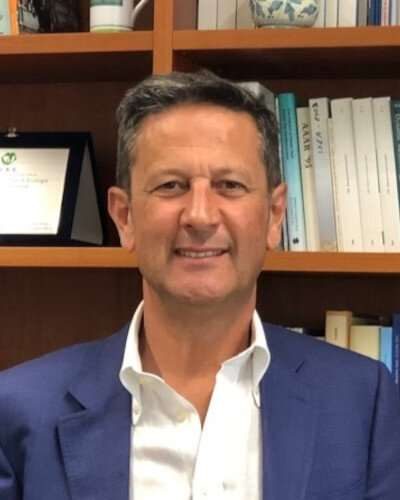
GEO Principals


Focal Points
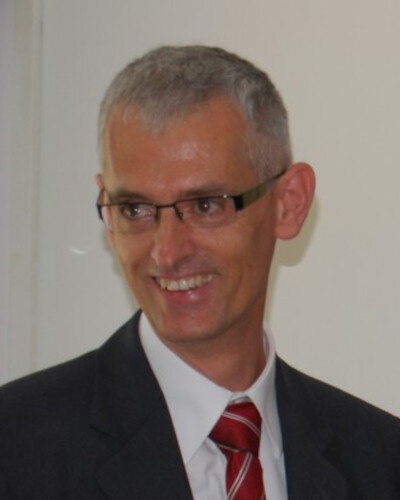
Engagement History with GEO
- Italy is a founding member of GEO and has played an active role in GEO governance since 2005.• Italy is member of the EU GEO-HLWG and GEO ExCom
- Italy through its GEO Italy national node members has played an active role in the development and execution of GEO Work Programs by leading GEO flagships (i.e., GOS4M) and contributing to various GEO Initiatives (i.e., GEO Mountains, GSNL), GEO Program Boards, ad-hoc expert groups (i.e., GIDDT, DATA WG).
- Italy, through the Ministry of University and Research and the Italian Space Agency, in collaboration with the European Commission, hosted the GEO Global Forum 2025 in Rome in May 2025 that has registered the participation of over 700 worldwide experts in various domains of environmental and Earth system sciences.
- Italy through CNR has been among the organizers of the EuroGEO Workshop held annually to coordinate the European effort contributing to GEO Work Program including the upcoming one planned for 13-15 October 2025 in The Hague, Netherlands.
- Italy hosted the EuroGEO Workshop (previously GEO European Project Workshop) in 2012 (Rome) and 2023 (Bolzano/Bozen)
Participation in GEO Work Programme 2025 Onwards
Italy actively participates in several GEO Work Programme activities, with a focus on disaster risk reduction, air pollution, land sustainability, biodiversity and other environmental issues, and on Earth Observation open data and knowledge sharing.
Through CNR’s Institute of Atmospheric Pollution Research (CNR-IIA), Italy plays a leading role in the Global Observation System for Mercury (GOS4M) initiative. As the coordinator of GOS4M, Italy is responsible for developing and managing the Global Mercury Observation System, which supports the implementation of the Minamata Convention on Mercury. The country’s involvement focuses on enhancing global monitoring and modelling capabilities to assess mercury pollution, while also fostering international collaboration. By integrating national and international efforts, Italy contributes scientific data and tools that inform policy makers and strengthen the coordination of global responses to mercury-related environmental and health challenges.
Italy plays a globally recognized leadership role in disaster risk reduction through its long-standing commitment to Geohazard Supersites and Natural Laboratories (GSNL) GEO initiative. Coordinated by its Institute of Geophysics and Volcanology (INGV) with strong support from the Italian Space Agency (ASI), GSNL provides continuous, high-resolution monitoring of volcanic, seismic, and landslide hazards in Italy’s active regions (e.g., Etna, Campi Flegrei, and Vesuvius). The program combines dense in situ measurements and advanced EO data—such as COSMO-SkyMed and PRISMA imagery—to generate near-real-time deformation maps and early warnings, directly supporting Italy’s Civil Protection Department and enabling timely risk mitigation and emergency response.
Italy is also a co-lead of GEO Mountains, contributing expertise through CNR, INGV, and several universities to advance monitoring of high-altitude hazards, slope stability, and climate impacts in mountain regions across Europe and beyond. Additionally, Italy actively supports the Earth Observations for Disaster Risk Management (EO4DRM) initiative, applying EO-based multi-hazard risk assessments for floods, landslides, and other hydro-meteorological hazards, and collaborating with national and regional emergency services to improve preparedness and adaptive planning. Further strengthening its DRR contributions, Italy engages in activities like Slope-risk-GPT, which integrates AI and machine learning to forecast large-scale slope movements.
Italy, through CNR-IIA, is one of the technology providers of the current GEO Infrastructure (previously GEOSS Platform), designing, enhancing and operating the Discovery and Access Broker (DAB) for mediation between heterogeneous data sources. Italy participates in relevant task teams and working groups on open data and knowledge including GIDTT and Data and Knowledge Working Group.
In summary, Italy is involved in the following GEO Work Programme activities: • GSNL• GEO-PDRS• GEO-MOUNTAINS• GOS4M• EO4KARST• EO4DRM• SLOPE-RISK GPT• GEOVALUE
Role of Private Sector in GEO
The participation of the Italy’s private sector in GEO is significant, particularly in space technology, Earth observation services, and data-based and nature-based solutions.
In addition, at the GEO Global Forum in Rome, Italy highlighted its commitment to integrating the strategic role of the private sector in GEO and Earth observation applications. The critical nature of the private sector contributions to achieving GEO’s mission and how public-private collaboration can drive progress toward global sustainability goals were discussed and highlighted in the Plenary session.
The following private companies are actively involved in GEO Italy:
- Planetek Italia is an Italian Benefit Company established in 1994, which employs 100+ women and men, passionate and skilled in Geoinformatics, Space solutions, and Earth science. Planetek provides solutions to exploit the value of geospatial data through all phases of data life cycle from acquisition, storage, management up to analysis and sharing. The company operates in many application areas ranging from environmental and land monitoring to open-government and smart cities, and including defence and security, as well as Space exploration and EO satellite missions.
- Latitudo 40 is a startup founded by four deep tech and space experts in 2017, which now employs a team of more than 15 people, with a predominance of Data Science experts for the development of new algorithms based on AI/ML and generative AI applied to the analysis and understanding of multi-spectral and hyperspectral satellite imagery.
- MEEO, as a pioneer in remote sensing and environmental data services since 2004, focuses on transforming raw satellite data into actionable insights. MEEO’s expertise extends to AI-powered geospatial analytics, enabling the development of sophisticated products and services for environmental monitoring, land management, and disaster management.
- TeamDev S.r.l. is an Innovative SME established in Perugia, Italy in 2008 specializing in information and communication technologies (ICT) with a strong focus on technological innovation, user interaction, and systems integration with third-party products.
Participation in Regional Caucus - EuroGEO
Italy is an active member of the EuroGEO caucus, pursues multi-country partnerships, and takes part in the EuroGEO High-Level Working Group discussions.
Earth Observations Capabilities
Over the years, Italy has significantly advanced its Earth observation capabilities, including:
- IRIDE Constellation (ESA/ASI): Italy is building a national EO constellation of optical, hyperspectral, and SAR satellites to provide operational data and services across eight thematic domains for public administration and commercial users.
- The SIM (Integrated Monitoring System), which includes a strong improvement of the public capability of in situ observations and the development of an integrated monitoring system covering six areas: Hydrogeologic instability monitoring, Precision agriculture, Marine and coastal pollution monitoring, Identification of illicit environmental activities, Support to emergencies, Support to forest fires prevention & management.
- The Italian hyperspectral satellite Mission - PRISMA, launched in March 2019, which contributes to closing a key gap in satellite observations. PRISMA catalog is now visible through GEO Data Portal and access to data is open to all interested parties through the dedicated ASI website.
- The new missions under development, all of them providing support to GEO engagement priorities, among which we want to recall MAIA Mission, a joint ASI-NASA/JPL mission, which is expected to provide great advances in PM concentration evaluation from satellites and its impact on health.
- Italy also built several in-situ monitoring networks to support European and international policy implementation related to air quality, biodiversity loss and natural hazards (i.e., flooding, earthquakes, forest fires) that are often used as reference ground-based data to develop satellite observations-based downscale tools for shaping data-driven nature-based solutions.
National Policy and Implementation Priorities
Development Cooperation Priorities
Among the several Italian development cooperation priorities, the following priorities align with GEO’s vision and mission
- Italy’s three-year strategy (2024–2026) focuses on Africa, Eastern Europe, the Balkans, the Middle East, Asia, Latin America, and Small Island Developing States. The main focus is on mitigating the root causes of migration and displacement, and the four priority areas are: health, education, agriculture/food security, and climate.
- Key sectoral issues of interest to Italy include sustainable agriculture and food security, climate/environment, health, education, and economic development, with a special emphasis on human capital and gender equality.
- The 2023 Piano Mattei, also known as the Mattei Plan, aims to deepen collaboration with African countries for international development, focusing on resource management, climate adaptation, innovation, and migration management.
- The Italian Government considers the Green and Circular Economy as a core priority, integrating GEO activities into its broader sustainable development strategy, particularly within the National Recovery and Resilience Plan (PNRR).
Polica Priorities on Environment and Climate
Italy’s 2025–2027 strategy addresses:
- Implementation of the National Energy and Climate Plan (PNEC) and PNRR
- Energy transition and security—accelerating renewables and modernising energy systems
- Circular economy and waste reduction
- Nature and ecosystem protection
- Water risk mitigation
- Net-zero emissions for urban areas to improve air quality
- International climate cooperation
- Decarbonization and digitalisation in the energy sector
Climate Goals:
- 33% GHG reduction (non-EU ETS sectors, vs. 2005)
- 30% of final energy use from renewables by 2030
- 22% renewables in transport
- Climate neutrality targeted by 2050
Technical Cooperation Projects
Italy is actively engaged in various technical cooperation projects related to Earth observations that extend beyond the GEO Work Programme. These include:
- Italy, through the EIRENE-ITALY national node, a partnership of CNR, National Institute of Health (ISS) and Italian Space Agency (ASI), is fully committed to support the goals and objectives of ONE HEALTH Focused Area of the GEO Strategic Implementation Plan (2025-2030).
- SIASGE Collaboration with Argentina: Italy and Argentina jointly manage the SIASGE radar satellite system to enhance disaster management and economic development through shared SAR data.
- COSMO-SkyMed / CSG Support: Italy’s COSMO‑SkyMed SAR constellation, and its second-generation system, provide high-resolution all‑weather EO capabilities for environmental monitoring, agriculture, and security, with technical cooperation via e‑GEOS and research institutions.
- MONALISA (HORIZON Europe Programme): A pan‑European project coordinated by Italian research bodies to apply innovative technologies including EO for preventing and reversing Land Degradation and Desertification.
- Italy–Senegal EO Capacity Building: Italy has initiated technical cooperation with Senegal through EO seminars and workshops aimed at using satellite imagery to monitor water pollution and forest fires under scientific diplomacy frameworks.
- Italy-Ethiopia EO Capacity Building: Italy has initiated a technical cooperation with Ethiopia for “Contribution to the improvement of the IWRM for the Webi Shebele, Awash and Danakil Hydrographic Basins” including EO and data sharing knowledge and technology transfer.
Statements

